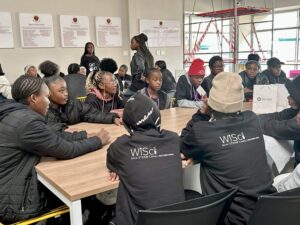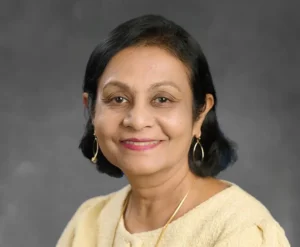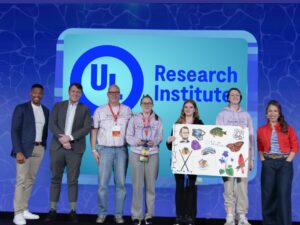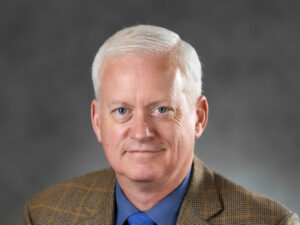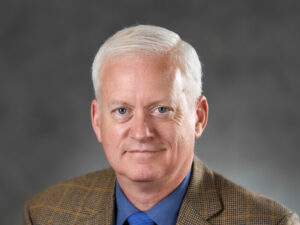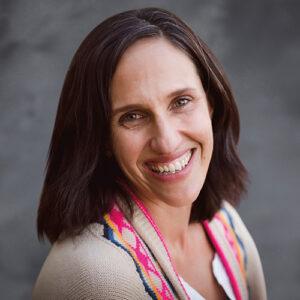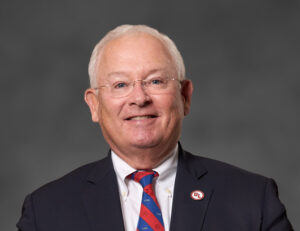Humanizing Science Through Storytelling
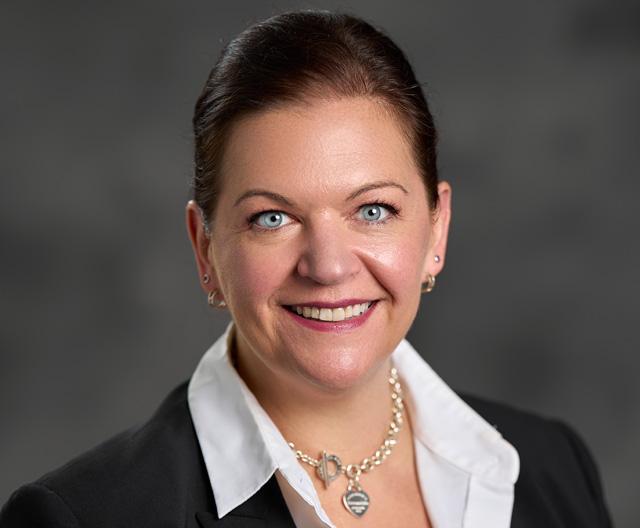
By Kristen Delphos, vice president, Communications and Public Affairs for UL Research Institutes
When science and storytelling meet, the world is better for it. Science provides us with knowledge and understanding of the world around us, and storytelling allows us to connect as humans while bridging the gap between science and society. Together, science and storytelling make complex concepts more accessible and engaging.
At the 20th annual STS Forum, more than 1,500 leaders from industry, government, and academia convened in Kyoto, Japan, for discussions on science and technology’s ability to improve the human condition and drive innovation globally.
As an employee of a Forum sponsor, I was fortunate to attend alongside my colleagues from UL Research Institutes (ULRI), including President and CEO Terry Brady, Senior Vice President and Chief Operating Officer Charlotte Farmer, Senior Vice President and Chief Research Officer Chris Cramer, Fire Safety Research Institute (FSRI) Principal Research Engineer Craig Weinschenk, and Digital Safety Research Institute (DSRI) Lead Software Engineer Jesse Hostetler.
As Chris Cramer says, “Science progresses when a large community of people are working on the same problem.” And that’s certainly the spirit we felt at STS Forum.
As a professional marketer and storyteller, I didn’t know what to expect, but I was deeply moved not only by the breadth and depth of the topics explored during the four-day event, but also by the level of expertise gathered to explore — and challenge — the current and future state of science and technology.
After the opening plenary, sessions were broken into eight tracks: Energy; Climate Change; Earth and Commons; Life Sciences; Innovative Engineering; Cooperation in Science and Technology; Science and Technology Education; and Digital Society.
I scanned the attendee list and noted only one other person with a communications job title, so I expected most of the sessions to be very high-level and technical in nature. I was wrong!
We engaged in conversation. On the topic of fostering the next generation of scientists through diversity and inclusion, we shared the different ways our respective organizations are trying to attract young people to discover research and science careers. The first person who spoke, Sverker Lundin, the CEO of the Young Academy of Sweden, mentioned that he had published a children’s book to inspire children to be curious and pursue careers in research.
What happened next was amazing. I said, “I never expected to come to STS Forum and have so much in common with most of the attendees, but I also wrote an educational children’s book.” And then, at a table of 11 people, one more scientific leader spoke up that she, too, was working on a book aimed at inspiring youth to pursue science. What a beautifully strange coincidence.
That’s when it hit me: Science needs more storytelling.
From that point on, my mind tuned into this thought. The next session, “Collaboration Among Academia, Industry and Government,” had similar threads in the conversation at my table, where public engagement was the ultimate goal of creating standard practices of sharing between universities, corporations, and government agencies. In academia, the outputs of research are targeted to other researchers, but it’s also essential to connect the dots so that our government understands the importance of research outputs and industry can incorporate innovation into their commercialization processes. Well, quite frankly, that’s the work marketers do every day.
As a storyteller, I thought there was a missed opportunity to share more broadly what the STS Forum is all about and why it matters. Storytelling humanizes science by highlighting the people behind the research — their motivations, struggles, and triumphs. Storytelling makes scientific narratives relatable and inspiring. The people in the room are connecting the dots, and moving innovation forward, but public engagement is still lacking. I hope we can change that — starting now.
Our Here’s Why podcast series shares scientific insights from some of the best and brightest minds in safety science.
PUBLISHED

